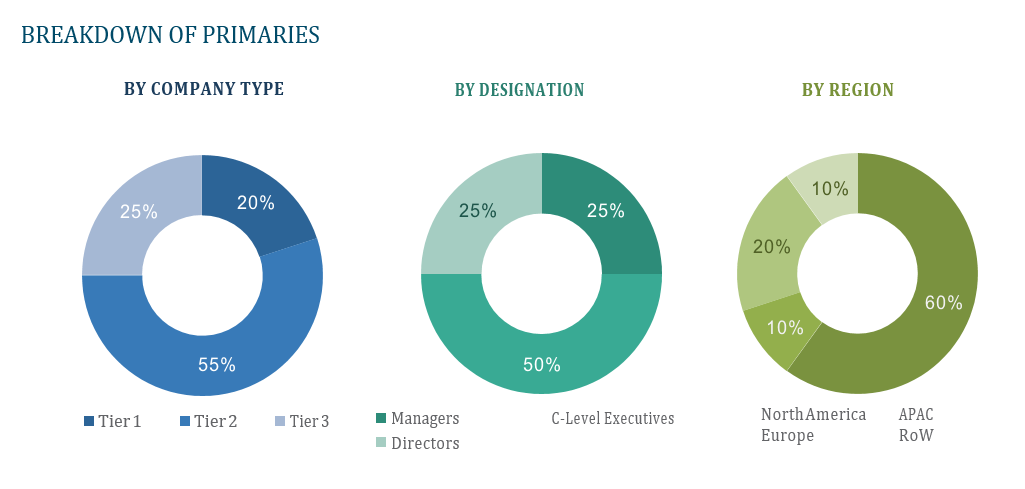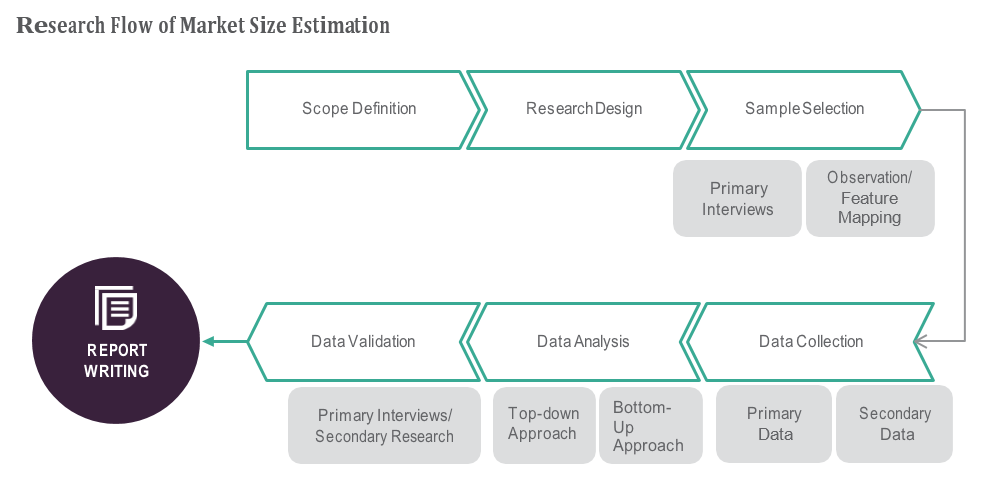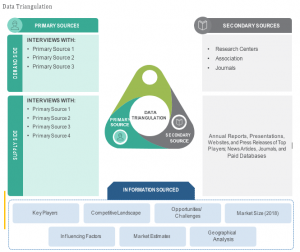OVERVIEW
Research by Global Market Studies has reported a CAGR of 6.56% for the Automotive Aftermarket Fuel Additives Market, expecting to expand to a value of USD 1635.6 million by 2028.
The automotive aftermarket fuel additives market refers to the industry that deals with the production and distribution of chemical products designed to enhance the performance and efficiency of automotive fuels. These additives are typically mixed with gasoline or diesel fuels to improve various aspects of the fuel, engine, and overall vehicle performance.
Fuel System Cleaners, Octane Boosters, Cetane Improvers, Fuel Stabilizers, Fuel Performance Enhancers, Anti-Gelling Additives, Anti-Corrosion Additives, and Diesel Exhaust Fluid (DEF) are additives used to improve fuel atomization, reduce emissions, and restore engine performance. They also prevent fuel degradation, oxidation, and reduce NOx emissions.
Market Dynamics
Drivers:
The automotive industry is experiencing stricter emission regulations due to concerns over air pollution and environmental sustainability. Automotive aftermarket fuel additives can help vehicle owners meet these regulations by reducing emissions and improving fuel efficiency. The growing automotive industry and increasing vehicle sales drive the demand for fuel additives, as more vehicles are on the road. As older vehicles experience reduced performance and efficiency, fuel additives can improve their overall condition and extend their lifespan.
Consumers and businesses are seeking ways to improve fuel efficiency and reduce operating costs, with fuel additives offering fuel economy enhancements. As vehicle owners become more aware of regular maintenance and performance optimization, the demand for fuel additives with cleaner engines and smoother operation increases. Technological advancements in fuel additive technologies have led to more effective and innovative products addressing specific issues like fuel system cleanliness, emission reduction, and engine performance.
Opportunities:
Fuel System Cleaners are essential additives that maintain fuel system cleanliness, prevent deposits, and clogs in fuel injectors, intake valves, and combustion chambers. They also offer octane boosters, cetane improvers, fuel stabilizers, performance enhancers, anti-gelling additives, anti-corrosion additives, diesel exhaust fluid (DEF), biofuel additives, and specialty additives for specific purposes. These additives help improve engine performance, efficiency, and reduce friction, ensuring uninterrupted operation in cold weather. Diesel exhaust fluid (DEF) is a urea-based solution used in SCR systems to reduce NOx emissions in modern diesel engines. Biofuel additives are specialized for biofuels to improve performance and stability.
Restraints:
The automotive aftermarket fuel additives market is highly fragmented, with numerous manufacturers and suppliers offering a wide variety of products. This can result in intense competition, price wars, and difficulty in establishing brand loyalty. Limited awareness among consumers about fuel additive benefits remains a challenge, and the regulatory landscape for fuel additives is complex and subject to changes. Some consumers may be skeptical about the benefits or concerns about their long-term effects on engines and emissions, leading to reluctance to adopt these products. The shift towards electric vehicles and economic factors, such as fluctuations in fuel prices and disposable income, can also impact consumers’ willingness to invest in fuel additives.
Regional Information:
North America: The North American market has a well-established automotive aftermarket industry with a diverse range of fuel additives available. Stringent emission regulations in the region drive the demand for emission-reducing additives. The market is also influenced by consumer preferences for improved fuel efficiency and performance.
Europe: Europe has stringent emission standards, encouraging the adoption of fuel additives that help reduce vehicle emissions. There is a growing focus on eco-friendly products, and the market sees demand for biofuel additives and other environmentally friendly solutions.
Asia-Pacific: The Asia-Pacific region has a large and expanding automotive market, with countries like China and India experiencing significant growth. Rapid industrialization and urbanization contribute to air quality concerns, leading to increased interest in emission-reducing additives.
Recent Developments:
• October 2022: Richful Lube Additive Co. proposed investing CNY 1 billion (USD 138.3 million) to expand its lubricant additive factory in Xinxiang, China, installing equipment that will produce numerous types of chemical additive components for a combined capacity increase of 460,000 metric tons per year.
• September 2022: Chevron Oronite announced the completion of Phases 1 and 2 of its lubricant additives expansion project in Singapore. Headquartered in San Ramon, California, U.S.A., Chevron Oronite is one of the world’s leading manufacturers of lubricant additives, fuel additives, and chemicals.
Key Players:
Afton Chemicals, The Lubrizol Corporation, Innospec, Chevron Corporation, and BASF SE, Richful Lube Additive Co.
Frequently Asked Questions
1) What is the projected market value of the Automotive Aftermarket Fuel Additives Market?
– The Automotive Aftermarket Fuel Additives Market is expected to reach a value of USD 1635.6 million by 2028.
2) What is the estimated CAGR of the Automotive Aftermarket Fuel Additives Market over the 2023 to 2028 forecast period?
– The Automotive Aftermarket Fuel Additives Market is expected to grow at a CAGR of approximately 6.56% from 2023 to 2028.
3) Who are the key players in the Automotive Aftermarket Fuel Additives Market?
– Afton Chemicals, The Lubrizol Corporation, Innospec, Chevron Corporation, and BASF SE, Richful Lube Additive Co.
4) What are the drivers for the Automotive Aftermarket Fuel Additives Market?
– The automotive industry faces stricter emission regulations, driving demand for aftermarket fuel additives to reduce emissions and improve fuel efficiency. Technological advancements address fuel system cleanliness, emission reduction, and engine performance.
5) What are the restraints and challenges in the Automotive Aftermarket Fuel Additives Market?
– Automotive aftermarket fuel additives market is fragmented, causing competition, price wars, and brand loyalty issues. Consumers’ limited awareness, regulatory landscape, shift towards electric vehicles, and economic factors impact adoption.
6) What are the key applications and offerings of the Automotive Aftermarket Fuel Additives Market?
– Applications mainly include Fuel System Cleaners, Octane Boosters, Cetane Improvers, Fuel Stabilizers, Fuel Performance Enhancers, Anti-Gelling Additives, Anti-Corrosion Additives, and Diesel Exhaust Fluid (DEF) are additives used to improve fuel atomization, reduce emissions, and restore engine performance.
7) Which region is expected to drive the market for the forecast period?
– Asia Pacific has the highest value share in the global market and is expected to dominate shares in forecast period.
Why Choose Us?
Insights into Market Trends: Global Market Studies reports provide valuable insights into market trends, including market size, segmentation, growth drivers, and market dynamics. This information helps clients make strategic decisions, such as product development, market positioning, and marketing strategies.
Competitor Analysis: Our reports provide detailed information about competitors, including their market share, product offerings, pricing, and competitive strategies. This data can be used to inform competitive strategies and to identify opportunities for growth and expansion.
Industry Forecasts: Our reports provide industry forecasts, which will inform your business strategies, such as investment decisions, production planning, and workforce planning. These forecasts can help you to prepare for future trends and to take advantage of growth opportunities.
Access to Industry Experts: Our solutions include contributions from industry experts, including analysts, consultants, and subject matter experts. This access to expert insights can be valuable for you to understand the market.
Time and Cost Savings: Our team at Global Market Studies can save you time and reduce the cost of conducting market research by providing comprehensive and up-to-date information in a single report, avoiding the need for additional market research efforts.










